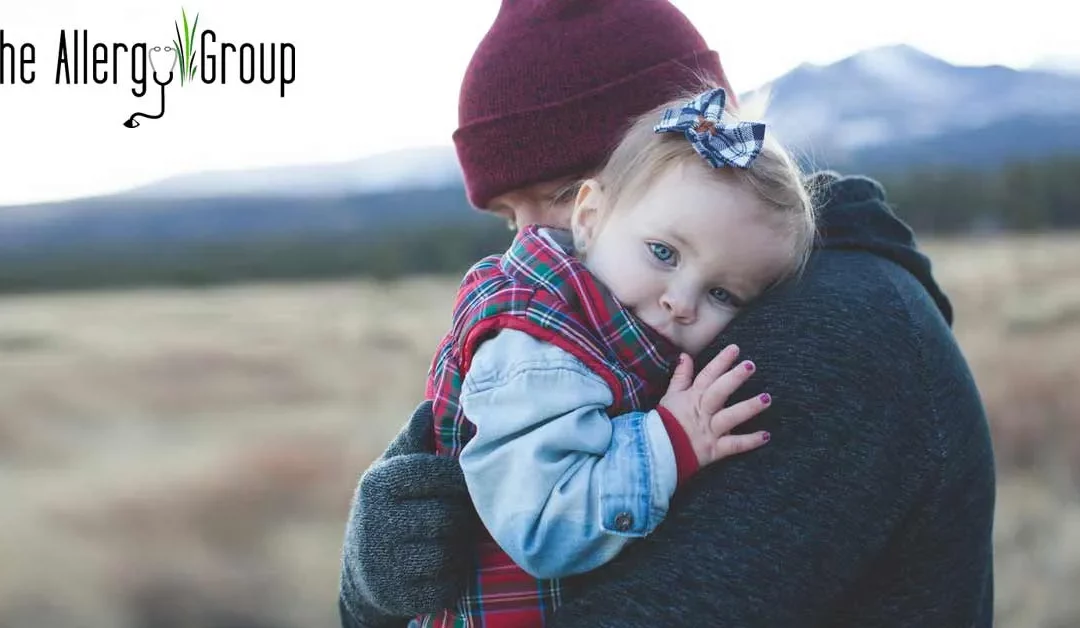The FDA has approved a new kind of epinephrine auto-injector it believes will work to save the lives of smaller children experiencing a severe allergic reaction known as anaphylaxis. Previously, these children had been at the mercy of those with the knowledge and swiftness to operate an injector at first signs of distress.
Several studies have shown that the needles required for larger children and adults can be quite painful when used on smaller children. The needle can sometimes go right to the small children’s bone. Additionally, the larger injectors have higher doses of medication. The groups responsible for these studies have long been encouraging companies to develop a solution more suitable for small children.
The company Kaléo responded with a new auto-injector specifically designed and formulated for children that weigh between 16.5 and 33 pounds. These children are usually larger than a newborn infant, but are still quite small. The new device uses a smaller needle with a smaller dose. Since the need for this smaller auto-injector is so prevalent, the FDA fast-tracked the approval process. Regular safety protocols were taken, but it placed great importance on the priority of the injector’s approval.
This sometimes happens with miracle medical devices and tools that answer a desperate need that has long gone unanswered. As Allergic Living points out, those who work in the allergy and immunology field are quite happy that this kind of injector is in the works.
The new epinephrine auto-injector isn’t just about making sure that the dosage and the needles of the device are specially crafted for younger children. Kaléo indicates the injector will also be packaged with special voice-guided instructions to assist parents and care givers of children in feeling more confident using the device.
Kaléo has announced these new devices will be made available at the beginning of 2018. They will be usable for infants as young as four to six months old. This will bring peace of mind to many parents who legitimately worry about future episodes with their young children who suffer from severe allergies.


